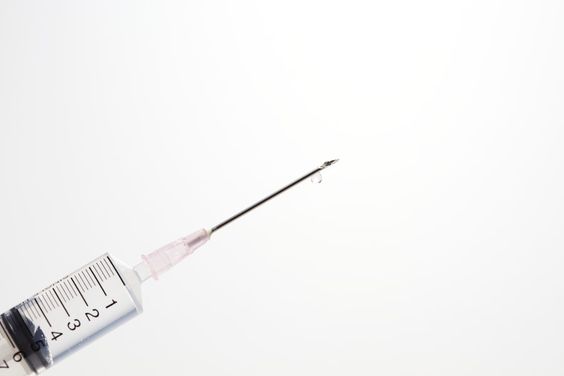Los Angeles - Scientists at the Terasaki Institute for Biomedical Innovation (TIBI) and the University of Nebraska Medical Center (UNMC) have announced the development of an innovative injectable particulate filler that has the potential to revolutionize wound treatment for diabetic patients. The breakthrough study, published in the journal ACS Nano, reveals a new strategy for promoting tissue healing and regeneration using porous dermal fillers.

The research team used a new method combining electrospinning and electrospraying to successfully produce porous granular nanofiber microspheres (NM). These microspheres are made of biocompatible materials such as polylactic-co-glycolic acid (PLGA) and gelatin and can be easily injected into wounds to achieve minimally invasive treatment.
"This technology represents a major leap forward in wound care and management, with profound implications for the millions of people worldwide living with diabetes," said Dr. Johnson-Johnson, the study's lead investigator. "Our technology offers a less invasive, more advanced treatment option that has the potential to significantly reduce healing time."
The study demonstrates several key advances in the wound-healing process. Newly developed dermal fillers with tunable porous microstructures can significantly promote cell migration, granulation tissue formation, and new blood vessel formation. In addition, these fillers show strength retention during minimally invasive injections.
Dr. Ali Khademhosseini, a researcher at TIBI, highlighted three key points of this study in promoting wound healing: host cell infiltration, new blood vessel formation, and skin regeneration. These findings suggest that this new treatment approach could significantly improve the healing of diabetic wounds.
This innovative approach is expected to reduce the need for drastic interventions while improving patients' quality of life. The researchers are currently planning further studies with the goal of moving this technology toward clinical trials. The study was funded by the National Institute of Diabetes and Digestive and Kidney Diseases (NIDDK) under the PI RO1 program.

 English
English عربى
عربى Español
Español русский
русский 中文简体
中文简体










.jpg.png)



.jpg.png)
.jpg.png)


